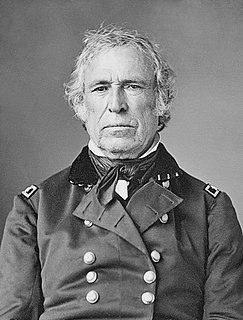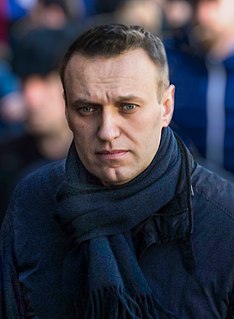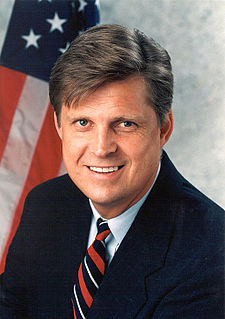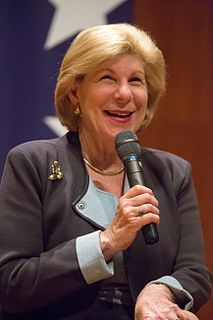A Quote by Hillary Clinton
Under our Constitution, presidents have something called 'veto power.
Quote Topics
Related Quotes
The Constitution is constant. There's not one elected official who has the power to change it. There is a way to amend the Constitution, and the Constitution spells out the procedures that must be taken to change it. Presidents cannot. Now, I know this is gonna shock many of you in the low-information community.
The veto is a President's Constitutional right, given to him by the drafters of the Constitution because they wanted it as a checkagainst irresponsible Congressional action. The veto forces Congress to take another look at legislation that has been passed. I think this is a responsible tool for a president of the United States, and I have sought to use it responsibly.
What do Americans know about morality? They don't want their presidents to have penises but they don't mind if their presidents covertly arrange to support the Nicaraguan rebel forces after Congress has restricted such aid; they don't want their presidents to deceive their wives but they don't mind if their presidents deceive Congress- lie to the people and violate the people's constitution!
The [UN Security Council] P5 ought to be dissuaded from using their veto power, which can paralyze the United Nations. The country blocking action ought to have to explain its decision and propose an alternative solution. It has been suggested that a veto only becomes effective if the vetoing state has the support of two or three other permanent members.
The Constitution expressly and exclusively vests in the Legislature the power of declaring a state of war [and] the power of raising armies.... A delegation of such powers [to the President] would have struck, not only at the fabric of our Constitution, but at the foundation of all well organized and well checked governments. The separation of the power of declaring war from that of conducting it, is wisely contrived to exclude the danger of its being declared for the sake of its being conducted.
The abuse of the veto power has become so predictable that frequently resolutions are not even tabled because of the certainty of a veto against their adoption. Necessary discussion is thereby suppressed. Concerted action by the Security Council, the General Assembly and other United Nations agencies is necessary to prevent major human rights violations, stop ongoing breaches and provide remedies to victims.


































